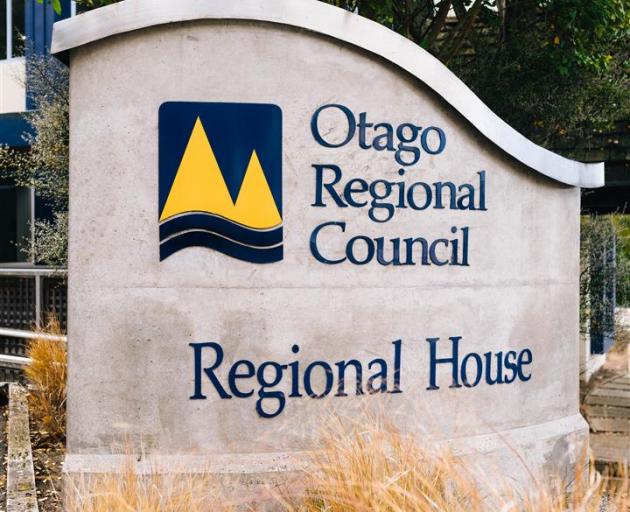
Let’s push them along paths towards their logical ends and see where they land.
While the extremes wouldn’t be implemented in real-world New Zealand, policies proceed in those two directions.

In contrast, the government’s proposed fast-track development legislation appears to be prioritising the needs of business and housing, even after the changes announced this week.
Environmental idealists argue that what is good for business and people should be good for the environment and vice-versa, that humans and nature can work in harmony to the advantage of both. Sometimes that might be so. Often it is not.
Although there will, thankfully, be mutual benefit opportunities, we use finite resources, depend on extractive industries and contribute to climate change simply because we are breathing and living mammals. We seriously impact our world in all sorts of ways.
It could be said humankind and its activities have no place if environmental imperatives are stretched to their rational conclusion.
Keep pesky humans out because they are the most destructive pests of the lot. They threaten the planet at large as well as degrading the earth place by place.
Though the controversial regional council plan might go further than most, it goes nowhere far enough to diminish anything like the full detrimental human effect on the Otago environment. It never could and never should.
If we, on the other hand, take business imperatives to their conclusion, we lay waste to our land, water, air and sea. The environment is trashed, and we all suffer. Ultimately, business itself will fail.
Of course, like so much in life, we should seek balance. We aim for business, people and environmental health to co-exist. They often can. That’s the goal, even though we inevitably compromise in various ways.
Therefore, decisions should be examined via pragmatism and realism — not over-enthusiasm or zealotry. They also must be made with long-term consequences in mind.
In Otago’s case, are many of the land and water plan’s proposed rules and restrictions realistic? Will they achieve what they set out to do? Will the cost burdens outweigh the benefits?
Are the alarmed exclamations from farmers, foresters and some civic leaders reasonable? Will Otago’s economy and people’s livelihoods be decimated? What ideas should be retained and what ditched?
Will the fast-track law offer sufficient safeguards? Is there too much potential for short-term returns at too heavy environmental or social costs? Will affected communities have enough say?
Those with blinkers could either wreck the environment or impoverish us all.
After all, we the people are ourselves a legitimate part of the environment — just as other flora and fauna are.
*****
Have you noticed an outbreak of "pulling levers"?
While the idiom might have had its origins in the industrial revolution machinery, Civis couldn’t help but notice how officials and politicians are partial to parroting the phrase.
The government, for example, told us last week about the various levers to be pulled to make personal banking more competitive. This week, the Electricity Authority board chairwoman issued a statement referring to levers.
Civis noticed the idiom levering its way into a recent Otago rugby report.
Did you know there is such a thing as "pulling levers policing"? It’s a phrase from the United States as another name for "focused deterrence". It aims to deter crime by increasing the swiftness, severity and certainty of punishment. It mixes enforcement, social services and community mobilisation.
Meanwhile, we need to pull lots of levers to sustain both our environment and our financial and social wellbeing.













